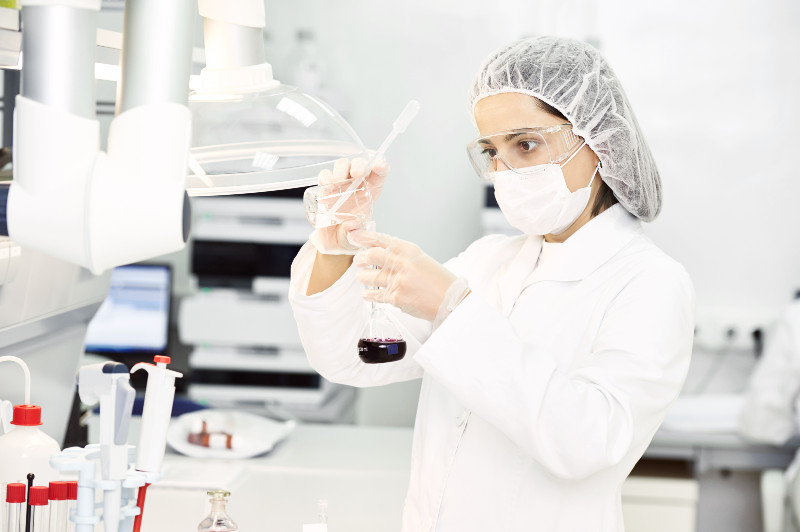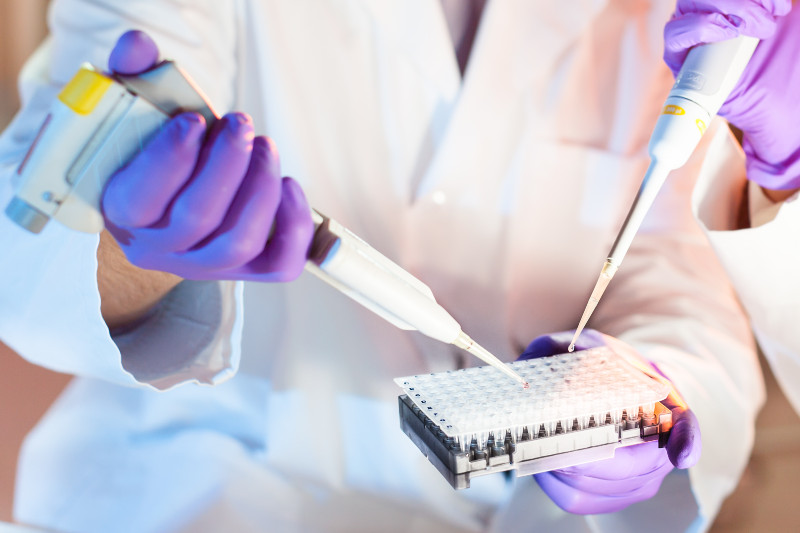Microbiology testing for food plays a crucial role in safeguarding public health and ensuring the quality of food products. By focusing on key aspects of microbiological analysis, experts can detect and prevent potential hazards that may compromise food safety.
Here are four critical areas where food microbiology testing makes a significant impact:
Pathogen Detection and Identification
Microbiologists employ advanced techniques to detect harmful pathogens such as Salmonella, E. coli, and Listeria monocytogenes. Rapid methods like PCR (Polymerase Chain Reaction) and ELISA (Enzyme-Linked Immunosorbent Assay) enable swift identification, helping food producers mitigate contamination risks.
Spoilage Organism Monitoring
Monitoring spoilage organisms like yeasts, molds, and aerobic bacteria is essential for maintaining product freshness and shelf life. Testing methodologies, including plating and enumeration, aid in assessing microbial loads and ensuring compliance with quality standards.
Allergen Testing
Accurate allergen testing is critical to prevent allergen cross-contamination, which can pose severe health risks to consumers with food allergies. Immunological assays and molecular techniques are utilized to detect allergenic proteins in food matrices, ensuring compliance with labeling regulations.
Shelf-Life Evaluation
Food microbiology testing assesses the microbial stability of food products over time, determining their shelf life under various storage conditions. Challenge testing and predictive modeling help predict product spoilage and ensure optimal storage recommendations.
Contact Beaconpoint Labs for diligent food microbiology testing.


